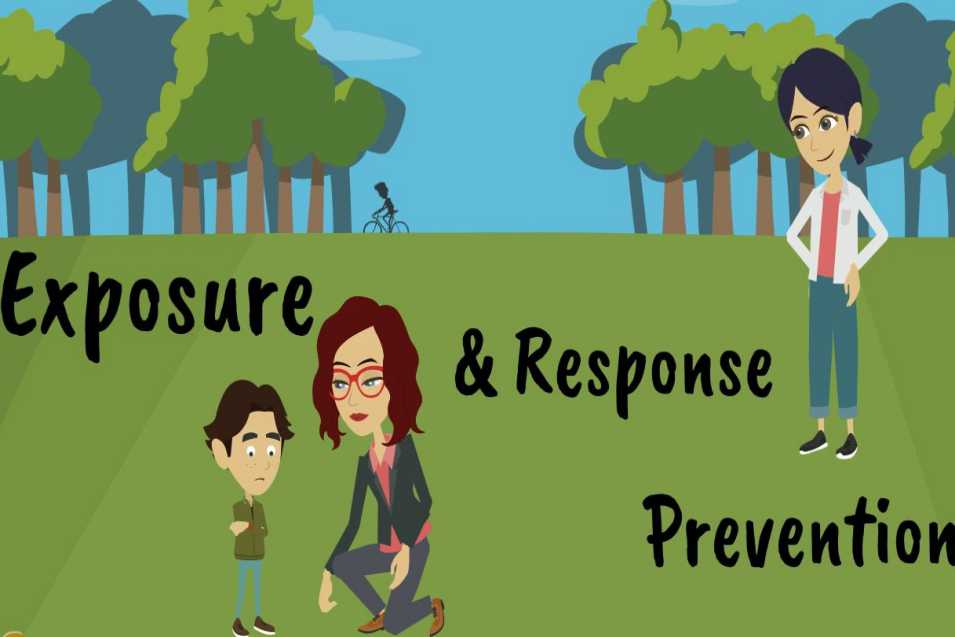Response Therapy is a therapeutic approach that can be employed to effectively facilitate stress management. This practice entails the utilization of visualization techniques to cultivate a meditative state. The objective is to enable oneself to undergo a certain emotional state and employ appropriate scene.
Exposure Vs Response Therapy
Exposure with response prevention (ERP) therapy helps people cope with their anxiety and related disorders. This form of therapy has been found effective in reducing anxiety, including social anxiety disorder, panic attacks, and OCD.
The therapist works closely with the patient to gradually confront the obsessive thoughts and feelings that have caused them to feel anxious. The patient is gradually exposed to more challenging exposure exercises to help the patient overcome their anxiety.
Spiritual Response Therapy
The four primary domains of life are approached head-on in the therapeutic modality known as spiritual response therapy. It is a method that takes into account all aspects of your health, including wellbeing and weight. You can receive the benefits of this therapy over the phone or in-person, depending on the circumstances.
Energetic Response Therapy
Energetic response therapy (ERT) is an approach to treating a person’s imbalanced energy. It uses a therapeutic breathing process to create a charge in a client’s body. This charge carries stuck emotional energy out of chronically tight musculature.
The therapist guides the client to continue breathing until the charge dissipates. When the charge has dissipated, the client is allowed to release any unused emotional energy.

Nutrition Response Therapy
Nutrition Response Testing, also known as muscle testing, is a technique that allows the body to communicate where imbalances are occurring and the potential causes of these imbalances.
It is a non-invasive method that involves applying pressure to specific areas of the body and observing the body’s responses. This technique is used to identify nutrient deficiencies, food sensitivities, and other imbalances in the body that may be contributing to health issues.
By identifying these imbalances, practitioners can develop personalized nutrition plans to support the body’s natural healing processes.
Clinical Assessment
Clinical assessment is an important part of the response therapy process. It involves obtaining baselines and implementing the treatment plan to ensure the desired outcome. Several elements are involved, including reliability, validity, and standardization.
IRT Vs. ERT
When it comes to online learning, IRT and ERT are very similar, but there are some key differences. ERT is more streamlined and can handle more complex studies. It is also easier to use for site users.
Response Therapy Cost
Response therapy treatments are highly expensive. The average cost of CAR-T therapy is $700,000 and for 12% of patients, the total cost exceeded $1 million. Of these, 39% did not achieve a durable CAR-T response. They received further chemotherapy and 1 in 20 needed a bone marrow transplant.
Cost of response therapy treatment depends on the patient’s response, health insurance coverage, and payment plan options. In some cases, the procedure includes additional services like x-rays.
Related Article: Cognivite Behavioral Therapy
